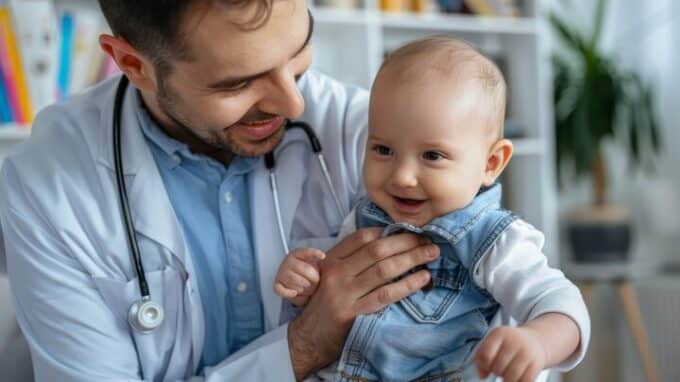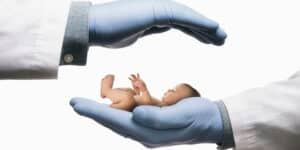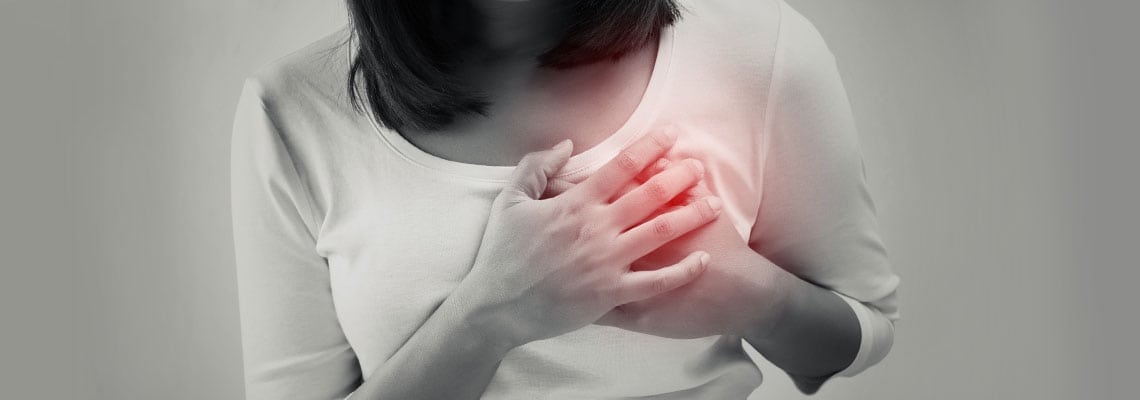The risk of being born with a serious heart defect is 36% higher in babies conceived using assisted reproduction techniques such as in vitro fertilization (IVF). This is according to the results of a very large study published in the European Heart Journal. Researchers say these findings are important because congenital heart defects are the most common type of birth defect and some of them are associated with life-threatening complications. The study also shows that the increased risk is particularly associated with multiple births, which occur more frequently with assisted reproduction.
Artificial Insemination and Congenital Heart Defects
The study was led by Professor Ulla-Britt Wennerholm from the University of Gothenburg in Sweden. She said: “Previous research shows that there are increased risks for babies conceived with the help of assisted reproduction technology. These include premature births and low birth weight. Researchers wanted to investigate whether the risk of heart defects is higher in babies born after assisted reproduction.
The study included all children born between 1994 and 2014 in Denmark, between 1990 and 2014 in Finland, between 1984 and 2015 in Norway and between 1987 and 2015 in Sweden, totaling more than 7.7 million. The researchers compared data on babies born after assisted reproduction, including IVF, intracytoplasmic sperm injection (ICSI) and embryo freezing, with data on babies conceived naturally. They assessed how many live-born children in each group were diagnosed with a severe heart defect either in utero or during their first year of life. They also took into account other factors that may increase the risk of congenital heart defects, such as the year of the child’s birth, the country of birth, the mother’s age at delivery, whether the mother smoked during pregnancy or whether the mother had diabetes or heart defects.
The study showed that heart defects were about 36% more common in babies born after assisted reproduction than in babies conceived without such treatment (absolute risk 1.84% vs. 1.15%). This risk was similar regardless of the type of assisted reproduction (IVF or ICSI, fresh or frozen embryos). However, the risk of multiple births was higher after assisted reproduction than for singleton births after assisted reproduction (2.47% vs. 1.62%). Professor Wennerholm noted: “We already know that babies born after assisted reproductive technology generally have a higher risk of birth defects. However, we have also identified an increased risk of congenital heart defects, which are the most common serious birth defects.”
Better Diagnosis and Treatment Options
“The fact that the risk of heart defects is similar regardless of the type of assisted reproduction could indicate that there is a common factor underlying infertility in parents and congenital heart defects in their babies. Congenital heart defects can be very serious and require specialized surgery when babies are very young. So knowing which babies are at greatest risk will help us diagnose these heart problems as early as possible and ensure the right care and treatment is provided. As more and more people become pregnant using assisted reproductive technologies, we can expect to see an increase in congenital heart defects worldwide.”
In an accompanying editorial, Dr. Nathalie Auger of the University of Montreal Hospital Research Centre in Canada and her colleagues write: “Assisted reproduction is a popular procedure in reproductive medicine, accounting for 2–8% of births depending on the country. Most newborns born after assisted reproduction are healthy, but these procedures are not without risk. In one of the largest studies to date, researchers found that ART was associated with a risk of major congenital heart defects diagnosed prenatally or up to one year of age. Patients undergoing ART tend to differ from the general population. These patients may have underlying medical conditions that affect both fertility and the risk of heart defects.”





